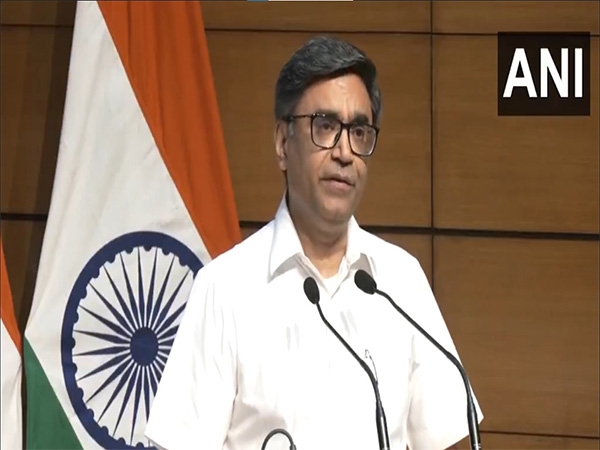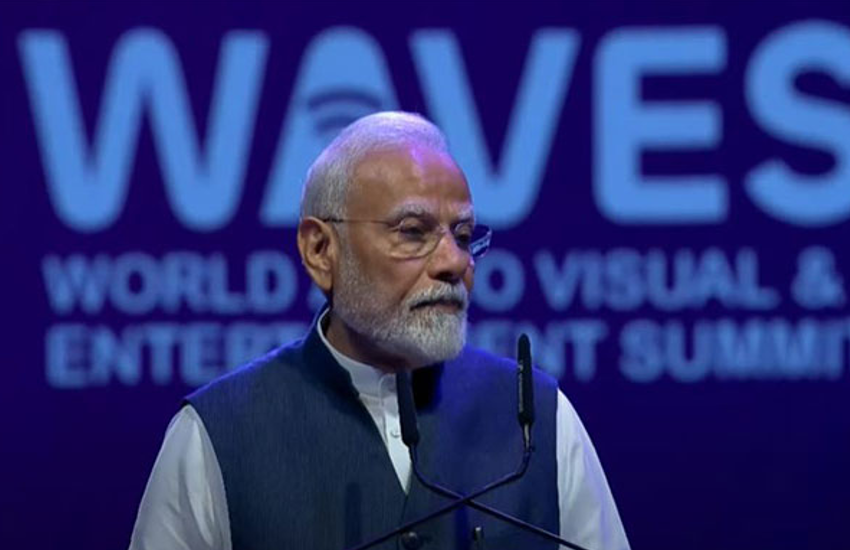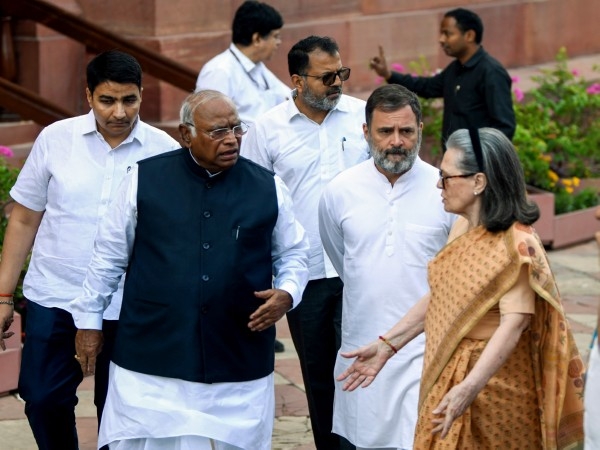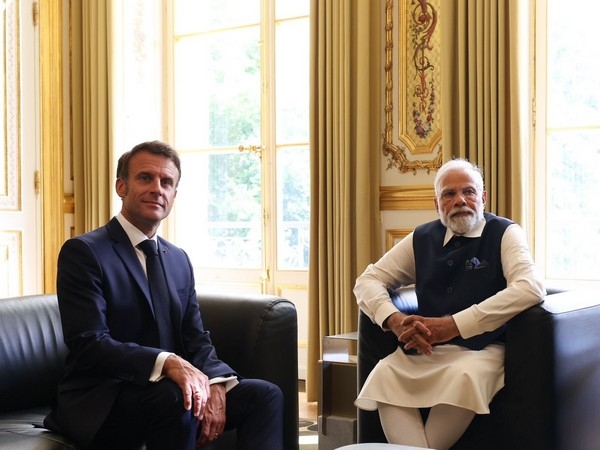Philanthropy: waiting for India's Prince Alwaleed

Good deeds
- India added 100 million donors from 2009 to 2013.
- Now, 28% of adults give money to charity, 21% give their time.
- India has jumped from 134th to 69th on the World Giving Index.
Some concern
- Most donors are middle-class, but corporate czars top the list.
- Azim Premji donated Rs 12,316 crore in 2013-14.
- Are those deserving of the donations really benefiting?
Prince Alwaleed Bin Talal Bin Abdulaziz Al Saud of Saudi Arabia has pledged his entire fortune, valued at $32 billion, to charity.
Don't despair. India has a hundred million philanthropists of its own, and counting. They don't have a fortune the size of the Prince's, but together, with means small and big, they are making a difference to thousands of lives.
Even more gladdening, most of these donors, of time and money, are young men and women of middle-class means.
According to Bain and Company's Indian Philanthropy 2015, India added 100 million donors between 2009 and 2013. The donors are contributing more than ever and to a larger pool of non-profit organisations. In total, 14% of the country's adult population donated money and 12% gave their time for philanthropy in 2009. In the next four years, these figures rose to, respectively, 28% and 21%.
And the numbers are only growing.
The push
One reason is the notification of Section 135 and Schedule VII of the Companies Act. These provisions mandate that every company with a turnover of Rs 1,000 crore or net worth of Rs 500 crore or net profit of Rs 5 crore a year must spend at least 2% of its average net profits over the preceding three fiscals on Corporate Social Responsibility activities.
Another important reason - one that seems to have inspired a new breed of young donors - is that "causes that were not highlighted previously are now in the forefront", says Pushpa Sundar, founder of the Sampradaan Indian Centre for Philanthropy who has been involved in developmental activities for over 30 years.
"Previously, donors were reluctant or did not consider it important to donate for causes like Dalit entrepreneurship, legal advocacy, democratic rights. Now these causes are more highlighted," Sundar adds. "Most of the young donors have a middle-class background. They have witnessed such issues first hand, so they care for these causes."
"Today's breed of young philanthropists is radically different from the Tatas, Birlas, Ambanis. They are more impulsive but, at the same time, inconsistent."
Indian added 100 million donors between 2009 and 2014, most of them young
And unlike the traditional big-money philanthropists, the young donors seem to prefer NGOs and non-profits to state-led initiatives. "Reports about misappropriation of funds for say, Uttarakhand flood relief, always make donors skeptical of the government. So, they donate to organisations working directly with the affected people," says Sundar.
Akshay Saxena is such a philanthropist. Along with Krishna Ramkuma, he co-founded Avanti Fellows, a group which helps poor school students prepare for higher education.
"We wanted to work for the economically disadvantaged students who did not have enough opportunities to access resources for higher studies," he says. "We met entrepreneurs working in the same sector, and were inspired by their work. Our venture was also hugely inspired by QuestBridge, a programme in the US that strives to connect low-income students with the country's best colleges."
A new breed
Replicating such efforts elsewhere are the young owners of technology start-ups, though, arguably, their altruism is in part driven by the desire for brand-building.
Residents of Shiv Nagar in Uttar Pradesh changed the name of their village to Snapdeal.com Nagar after the e-commerce firm helped install water pumps in the village and provided generous support to the local school and hospital.
The admirable efforts of the young donors notwithstanding, corporate leaders still dominate Indian philanthropy in the sheer volume of contributions.
Azim Premji donated Rs 12,316 crore to charity in 2013-2104, Anil Agarwal gave Rs 1,796 crore
Azim Premji of Wipro leads the way, having donated Rs 12,316 crore to the Azim Premji Foundation between April 2013 and October 2104 period. Anil Agarwal, chairman of the rather controversial Vedanta Resources, is a distant second with Rs 1,796 crore. HCL chairman Shiv Nadar follows with Rs 1,316 crore.
Most of the donations from the top philanthropists, nearly 80%, went to education. Child welfare, rural development, healthcare and environmental protection got the rest.
All this 'giving' has greatly improved India's profile in the philanthropy world. It now ranks 69th on the World Giving Index, a huge jump since 2010 when it ranked 134th.
The moot question is: has it really helped those who most deserve it? It's an urgent question at a time when the world is becoming ever more unequal than earlier. According to a 2014 research by Credit Suisse, 0.7% of the world's richest own 41% of its wealth, while the bottom 69% own just 3%.
India's philanthropic community, indeed the wider society, would do well to engage with this question.
First published: 5 July 2015, 7:37 IST






![BJP's Kapil Mishra recreates Shankar Mahadevan’s ‘Breathless’ song to highlight Delhi pollution [WATCH] BJP's Kapil Mishra recreates Shankar Mahadevan’s ‘Breathless’ song to highlight Delhi pollution [WATCH]](https://images.catchnews.com/upload/2022/11/03/kapil-mishra_240884_300x172.png)

![Anupam Kher shares pictures of his toned body on 67th birthday [MUST SEE] Anupam Kher shares pictures of his toned body on 67th birthday [MUST SEE]](https://images.catchnews.com/upload/2022/03/07/Anupam_kher_231145_300x172.jpg)






